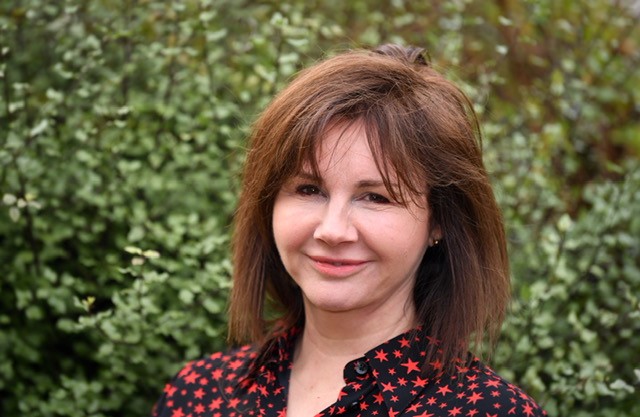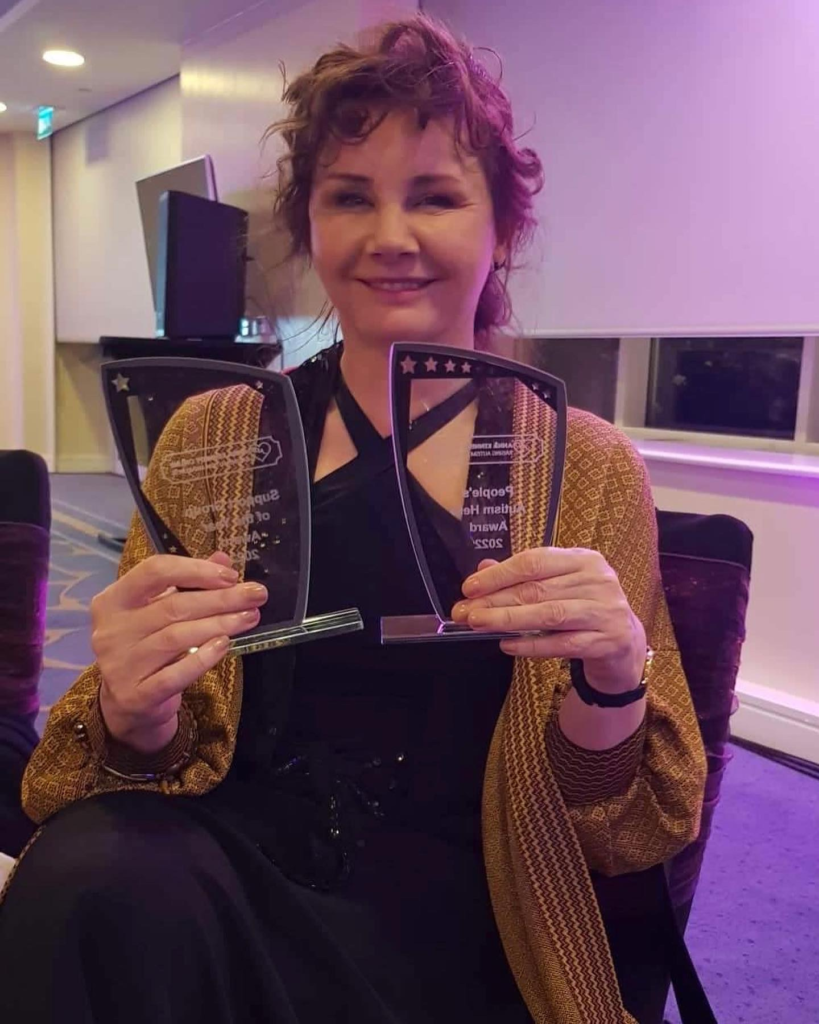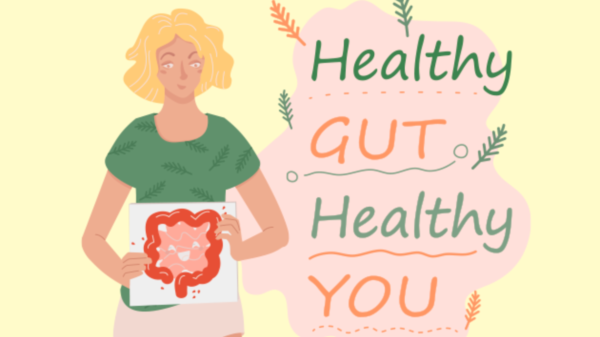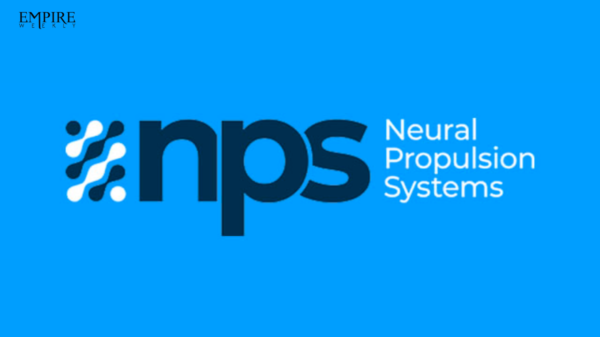Jane Green is potentially one of the best examples that come to mind when we discuss pioneering and innovative women. Despite her difficult start to life and the hurdles she faces along the way, she now holds an MBE for her excellent contributions to neurodivergent health education. Never stopping, she runs an award-winning social mobility charity, SEDSConnective. and organizations focused on bettering the lives of neurodivergent and chronically ill people. As someone who has directly benefited and worked alongside Jane, I can confidently say that the work she does leaves a huge impact on everyone involved.
Jane, in doing this, aims to save lives. There is a largely unspoken association between being neurodivergent (ADHD, dyspraxia, dyslexia, autism, etc.) and having physical health conditions. Members of the group and those close to her have lost their lives due to the stigma and misunderstanding surrounding autism and physical illness, and the malpractice that can occur within a medical setting when someone is diagnosed with such a disorder.
“They are 16 times more likely to die early than the general population of almost every cause of death that has been studied.”

When asked where she hopes her work will lead next, Jane explained she hopes to work alongside other support groups to work on issues such as gender and sexuality within the autism spectrum. Her writing has been published on multiple occasions and her current focus lies in the connection between autism and physical health.
“The most crucial thing, I feel, is that we increase awareness surrounding physical health conditions and their links with autism. There are constant cooccurring challenges that autistic people face which are neglected due to male stereotypical bias.”
Her work in this advocacy has also led to the founding of SEDSConnective. What started as a small voluntary-run group has now developed into a global charity. Ehlers-Danlos Syndrome and Hypermobile Spectrum Disorders (symptomatic hypermobility) are connective tissue disorders that can often be ignored or misdiagnosed. They can cause a multitude of health issues including; joint dislocations, IBS, widespread chronic pain, stretchy and fragile skin, autonomic dysfunction, fibromyalgia, and gastrointestinal issues. In some cases, this can lead to death if not treated properly.

Jane is outspoken on the link between connective tissue disorders and autism, ADHD, and dyspraxia.
“We are leading the ground-breaking work on physical health challenges, symptomatic hypermobility or Ehlers-Danlos syndromes, and hypermobility spectrum disorders. If you are autistic or neurodivergent you are more than twice as likely to be hypermobile and therefore will experience far more pain and dizziness.”
For this reason, SEDSconnective is a crucial charity in not only raising awareness and understanding for symptomatic hypermobility but for all disabilities that may have previously been stigmatized.
When asked why she does what she does, often putting in long hours and fighting perpetual exhaustion, Jane explained it is due to her own story and experiences. She left school at 16 with only two qualifications, which is a vast difference from her current academic work and abilities.
“I was often absent from school and had to learn to mask the pain I felt daily. Life was just about trying to survive with no support or explanation for why I felt this way. I had constant migraines, joint pains, allergies, and stomach pains. I left school and entered a world I knew I didn’t quite fit in.”
She was married for a period of her life, in which she had one child who was diagnosed early on as autistic, ADHD as well as a variety of physical health problems including gastro issues and severe allergies. Her second child also had similar allergies and often needed to be wrapped up due to extreme eczema. She managed both of her children’s conditions and her own with little to no support. Due to these difficulties, her eldest was often excluded.
Jane, later on, found herself a single parent with very little money but with an ambition to become an educational psychologist. Despite her academic background, she was allowed to study at Open University aged 39. Whilst studying, Jane worked in special needs groups, playgroups, and schools to make ends meet. Throughout this, her health issues persisted, and they were often passed off as fibromyalgia and chronic fatigue, which she knew didn’t explain her multisystemic problems.
After getting her PGCE Jane became a teacher, and eventually a head of a department whilst studying for her Master’s in Transformation autism Change in Leadership and Management.
“I did lose her job a few times as I was not yet diagnosed as autistic and had no medical or autism support. This also meant I didn’t know how to network very well and often had misunderstandings of social interactions.”
Eventually, she became a headteacher, but by this point her health was unmanageable and she had to retire early due to poor health. She was stuck in her room for months on end unable to move for pain until in 2015 she was diagnosed with Ehlers-Danlos Syndrome.
“I lost everything, career, money, friends, social activities hobbies, and the means for life except for my children who I had battled for so much.”
Instead of surrendering to this pain, however, Jane decided she needed to help others. She focused on aiding autistic adults in employment and designed an employment training programme for large organizations.
“Through this, my eldest was able to get a job, which helped hugely with self-esteem.”

A year after her EDS diagnosis, she was finally diagnosed with autism aged 54. Her advocacy continued despite ongoing illness and so she started SEDSConnective to help those with symptomatic hypermobility get the help they were unable to access on the NHS. This charity provides help to its members, me included, and allows those with a highly neglected disorder to be able to afford the help they need. This includes, but is not limited to physio, help with the costs of a wheelchair, access to Pilates classes, and osteopathy.
SEDSConnective also helps guide those who are newly diagnosed, or awaiting diagnosis and helps support them through a very confusing time. SEDSConnective is influencing Government departments, health, and social care too. Jane recently had her first co-authored peer-review paper published in a Journal Child Care in Practice, on Co-occurring physical Health challenges in neurodivergent children and young people https://www.tandfonline.com/doi/full/10.1080/13575279.2022.2149471
The importance of SEDSConnective cannot be understated. Through these charities and the various other projects and campaigns, Jane has been a part of, countless lives have been changed for the better, and at the heart of it all is someone who truly understands the lived experiences of people with these disorders and is determined to not allow others to suffer as she did. SEDSConnective is transforming the landscape of neurodivergent health education, and not only that they are doing it for themselves. This is the revolution of neurodivergent health happening and breaking new ground. It’s a revolution of a new kind of well-being.
You can find Jane Green MBE and SEDSConnective below:
@JGjanegreen @sedsconnective




































